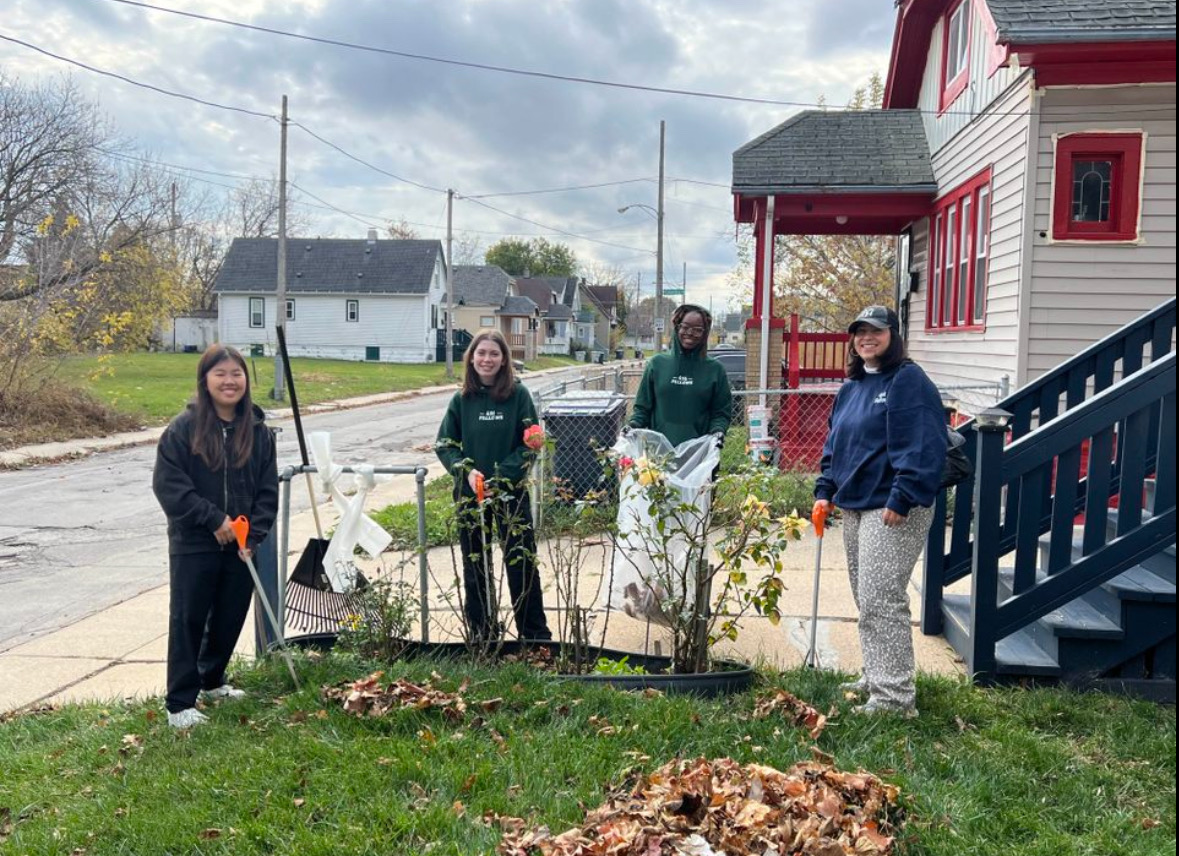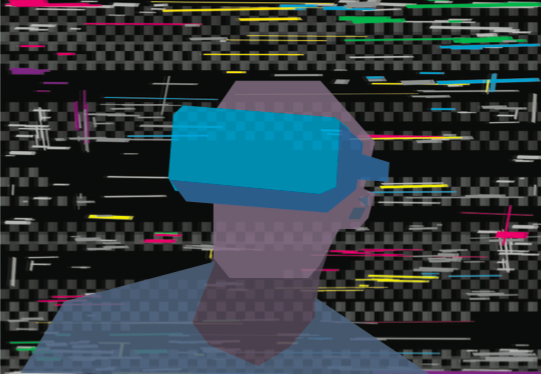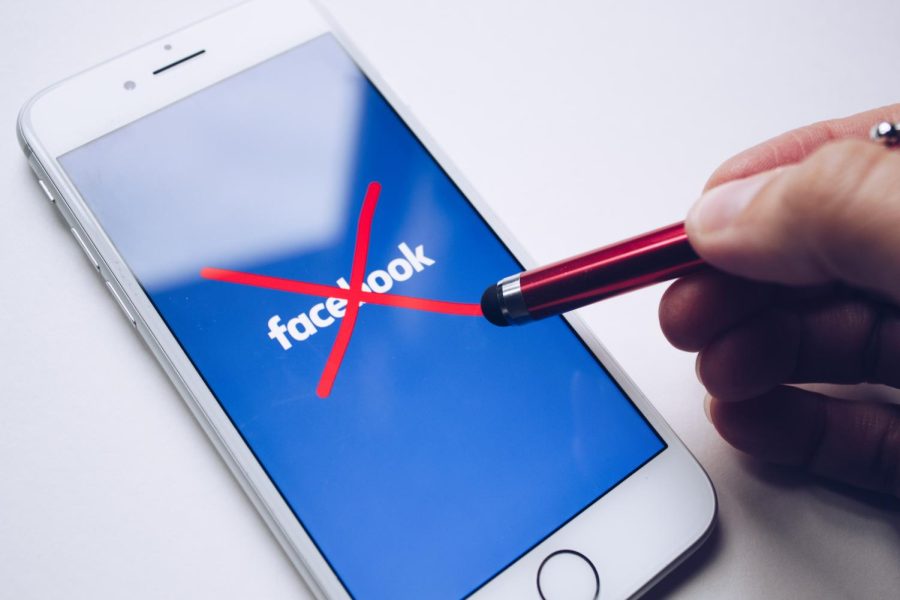The distance between the front door of my apartment complex and the fourth floor of Johnston Hall, where I spend my Tuesday and Thursday afternoons, is a grueling nine and a half city blocks. The walk to and from my apartment is a test of strength, endurance and will power, the completion of which I often reward with an expensive iced café drink in an obscenely large plastic cup. During the time it takes me to down that $5 cup of cold milk, I likely will have authored several politically-charged tweets and a paragraph-length Facebook update condemning that day’s acts of social injustice, each article dressed to the nines in hyperbole and hashtags. And faster than you can say “transient empathy,” I’ve done my part as a social activist. The most difficult part of the whole thing was the walk down the sidewalk.
I am an in-vogue activist. I support causes based on current trends and I paint my personality with all the colors of an enlightened progressive who wants to make a difference. It’s activism for the privileged, for the people whose well-being isn’t threatened by the injustices they denounce.
The failing of this brand of activism is not that it comes from a place of privilege, it’s that it comes as a way to meet the market without making tangible strides for any specific cause.
Social media is a kind of buzzword in our tech-saturated society, and typically refers to the Holy Trinity of interactive online platforms — Facebook, Twitter and Instagram. These sites facilitate the “marketplace of ideas” so instantaneously, it leaves me to wonder: Did advocacy even exist before the internet?
While we war over hashtags and claim to be fighting the good fight, our historical predecessors are turning over in their graves. Betty Friedan wrote a book, Nina Simone sang about her struggles. Activism has always relied on the power of rhetoric. Words matter — if they didn’t, I wouldn’t have had to memorize the Gettysburg Address in the sixth grade.
That said, words are meant to inspire; they are meant to move us toward action. Social networking can serve as a way to unite the like-minded into action, but it can’t be the only step. Change happens outside of your comfort zone. It’s a widely-accepted adage, but we seem to forget its importance when actually called to action.
So we can use the internet for good — big whoop. How does any of this help if our voices are just going to be muffled by what annoying thing Taylor Swift did that week and how Kanye West wrote a song about it?
It’s true, wealth and notoriety influence every aspect of consumption — what we wear, what we eat, what we listen to and what we consider newsworthy.
Media primes us to care about the things the rest of the world seemingly cares about at the moment, and with 500 million tweets published every day, valuable and relevant causes are only acknowledged for the few paltry hours it takes until the next injustice circulates across keyboards, if they are even acknowledged at all.
Nonetheless, we can’t rely on other people to care about things for us or tell us what to care about.
By now, I’m left feeling like a hypocrite spilling more empty rhetoric into an already drenched venue. So instead of leaving you with a call to action, I will leave you with some questions, questions I still need to answer for myself.
What do you care about? What makes your blood boil or your heart ache? What are you doing about it?
If your self-reflection leads you to believe you’re not doing enough, don’t sit by complacently. Feeling guilty about doing nothing does nothing. Go figure.











Terry Major-Holliday • Aug 30, 2016 at 5:48 pm
You have brilliantly said what I have thought for years. You are gifted. End of sentence.